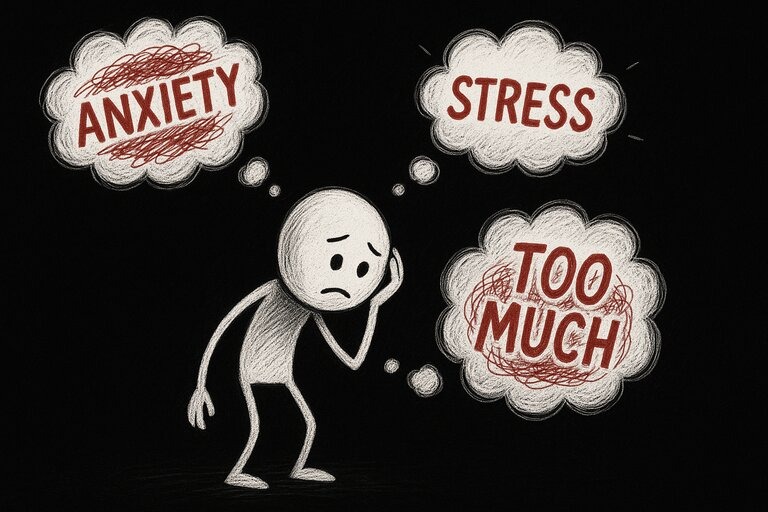
Discover the Peace Within: The Eight Essential Rules of Meditation
In our fast-paced world, where chaos often drowns out tranquility, meditation has emerged as a sanctuary for those seeking peace, clarity, and emotional balance. But for first-time meditators, stepping into this practice might feel daunting. Are there foundational guidelines to follow?
Fortunately, there are eight essential rules that serve as your guiding stars in this calming journey. Understanding these principles can deepen your meditation practice, making it beneficial for your mental health and emotional well-being.
1. Find a Comfortable Posture
Your meditation’s success hinges significantly on finding a comfortable posture. Contrary to popular belief, you do not have to sit cross-legged on the floor to meditate effectively.
The right posture could be sitting on a chair, propped up comfortably on cushions, or even lying down. Just ensure that your spine is straight to encourage alertness and your body remains relaxed. By establishing a sense of comfort, you minimize distractions and allow the mind to focus better.
2. Focus on Your Breath
Breath is your most reliable companion in meditation. It serves as a natural anchor that can be observed effortlessly.
By concentrating on the rhythm of your breath, whether it's the air that flows in and out of your nostrils or the gentle rise and fall of your abdomen, you promote mindfulness and quiet the chaos of your thoughts.
Should your mind wander—as it is likely to do—gently guide your attention back to the breath, reinforcing your focus.
3. Accept What Arises Without Judgment
A common pitfall for beginners is the expectation for a cleared mind. However, this is a misconception. It’s essential to accept whatever arises during your practice—thoughts, emotions, or sensations—without judgment.
Recognizing this allows you to cultivate a gentle relationship with your thoughts, turning your meditation into a nurturing space rather than a battleground.
4. Set a Regular Practice Time
Consistency is key in meditation, and setting aside a specific time each day can help establish a routine. Whether it’s morning, midday, or evening, find a slot that best suits your schedule.
Committing to regular times cultivates discipline and transforms meditation into a habit that enhances your overall well-being.
5. Start with Short Sessions
As you embark on your meditation journey, starting with short sessions of five to ten minutes can ease you into the practice.
The goal isn’t to meditate for long stretches right away but rather to build a habit. Gradually, as comfort increases, you can extend your sessions, allowing deeper insights and relaxation to unfold.
6. Use Guided Meditations
Especially for beginners, guided meditation can be a game-changer. With a teacher’s guidance—whether through apps or classes—you can explore various techniques and topics, making the experience less intimidating.
Over time, you might choose to venture into solo practice, but starting with guidance can significantly enrich your experience.
7. Be Patient and Kind to Yourself
Patience is vital in meditation. You may not notice immediate changes, but that’s perfectly okay. Building mindfulness and emotional balance takes time and dedication, so embrace this journey with kindness towards yourself. Celebrate the small victories, and remember that like any skill, meditation grows with practice.
8. Embrace Your Unique Journey
Your meditation practice is uniquely yours, so don’t fall into the trap of comparison. What works for one person may not necessarily resonate with you, and that’s entirely natural.
Explore different techniques, adjust the rules to fit your needs, and embrace the journey as a personal exploration of inner peace.
The Final Rule: The 'Rule' of Non-Doing
Perhaps the most crucial rule is the understanding of non-doing. In the hustle and bustle of life, sometimes, doing nothing is indeed the most beneficial. Letting go of the need to achieve a certain state during meditation opens up a world of possibility and relaxation. Embrace the practice of simply being.
As you incorporate these insights into your meditation practice, you may begin to notice significant shifts in your emotional and mental well-being. Join us in discovering the transformative power of meditation. We invite you to reflect on how incorporating these rules into your routine can enhance your life.
Remember, meditation is a journey, not a destination. Are you ready to dive deeper into this practice? Explore local meditation classes or workshops and connect with fellow wellness enthusiasts in Sacramento on this shared path to tranquility.
 Add Row
Add Row  Add
Add 





 Add Row
Add Row  Add
Add
Write A Comment